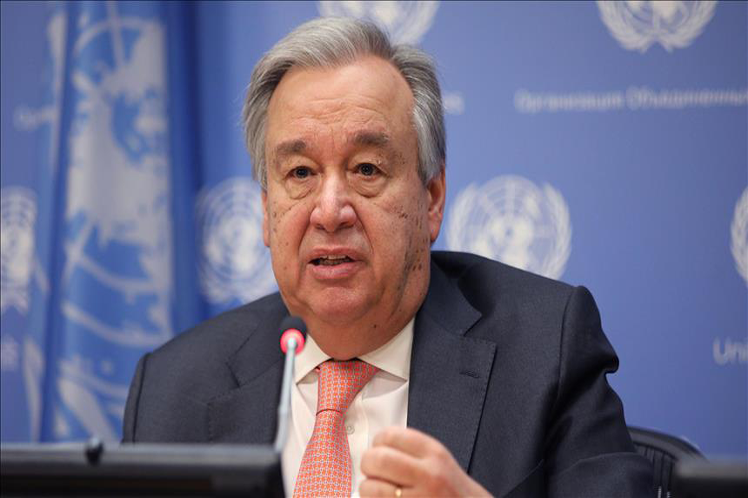In his message for the International Day of Democracy, Guterres explained in the wake of Covid-19, this meant identifying good governance practices that can counter all kinds of emergencies, whether public health, environmental or financial.
¨It means addressing the egregious global injustices laid bare by the crisis, from pervasive gender inequities and inadequate health systems to unequal access to vaccines, education, the internet and online services,¨ he said.
For the UN chief, along with the human toll carried by those most deprived, ¨these persistent historical inequalities are themselves threats to democracy.’
At the height of the Covid-19 pandemic, Guterres warned that every crisis poses a threat to democracy, because the rights of the people, in particular those most vulnerable, are all too quickly ignored.
¨The silencing of women, religious and ethnic minorities, indigenous communities, people with disabilities, human rights defenders and journalists is an impediment to creating healthy societies,¨ Guterres said, arguing that strengthening democracy also means embracing participation in decision-making, including peaceful protests, and giving a voice to people and communities that have traditionally been excluded.
Mr. Guterres called on the international community to ‘commit to safeguarding the principles of equality, participation and solidarity’, so that it can better weather the storm of future crises.
pgh/Pll/mgt / ifb









